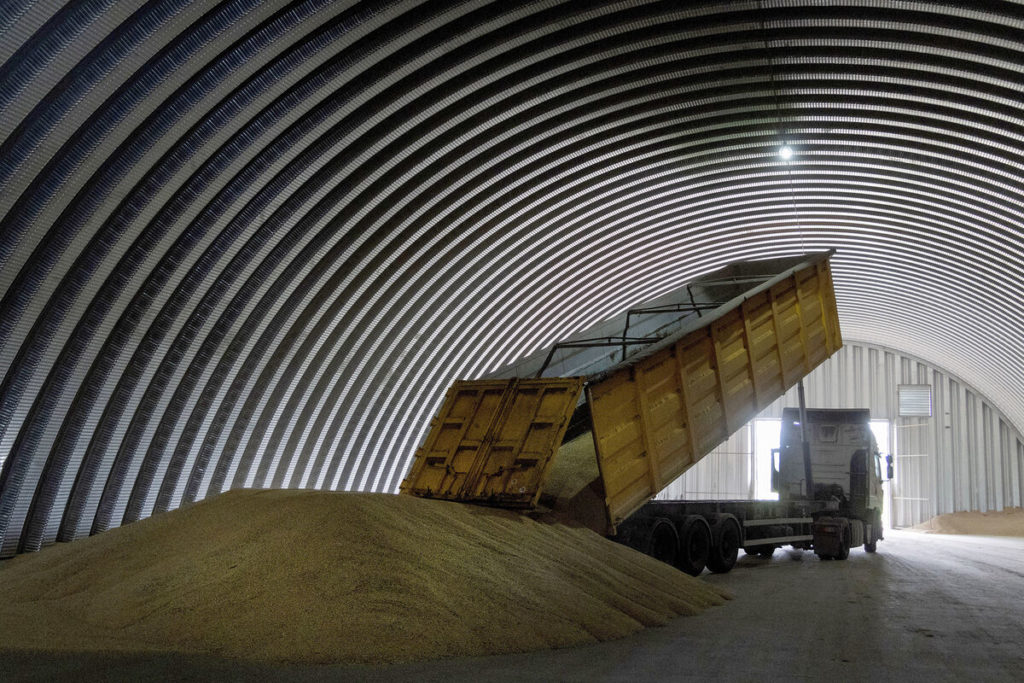Russia’s ongoing aggression against Ukraine poses a serious threat to the international security system, having a significant impact on the world order, including global food security.
The Summit on Peace in Ukraine, held on June 15-16 in Switzerland, underlined the critical importance of Ukrainian food supplies, disrupted by the blockade and the destruction of logistics routes. In addition, fertilizer prices are rising due to the war, increasing expenses and risks for African farmers. The global food market stability is essential, especially for the Global South countries, as it can aggravate hunger and increase the flow of migrants to the EU borders.
Many countries dependent on Ukrainian products have become victims of Moscow’s blackmail, which force them to support Russia on international arena. Putin seeks to lead the “Global South” and confront the “Global North”, expanding risks for the global food market.
Further Russian aggression poses threats, including to the Ukrainian agricultural sector, by the destruction of the Kakhovka Dam, occupation of fertile lands, destruction of infrastructure and irrigation systems, which seriously affects the Ukrainian economy and agricultural sustainability.
It is clear that one of Putin’s goals in this war is to establish control over Ukraine’s rich agricultural resources, especially its black soil. The Kremlin’s aggression against Ukraine is a struggle for resources, both human and natural: minerals, water and agricultural land.
From July 1, the European Union imposes prohibitive tariffs on the import of Russian and Belarusian agricultural products. These measures would prevent destabilization of the EU grain market, would stop Russian exports of misappropriated grain produced in Ukraine, and would also prevent Russia from using revenues from exports to the EU to finance a war against Ukraine.
The situation in Ukraine remains tense due to military operations, but the country’s agriculture managed to maintain relative stability. Ukraine is a major producer of grain, sunflowers, sugar beets and other important agricultural crops that are key to the economy and food security of not only the country, but also the region as a whole.
Thanks to the efforts of farmers, government and international organizations’ support, Ukraine was able to adapt to new realities and ensure agricultural sustainability. This allowed the country to balance its domestic needs and survive in international markets.
Ukrainian agricultural products can play a key role in strengthening Western influence in the Global South. Initiatives to promote Ukrainian products on international markets must take into account their geopolitical significance and the need to protect them from Russian interests.
Russia’s strategy includes displacement of the population from Ukrainian lands, increase in refugee number and instability in global food supplies. Ukraine’s international partners must ensure the protection of Ukrainian agricultural infrastructure from Russian attacks and to prevent grain from occupied territories from entering markets.

